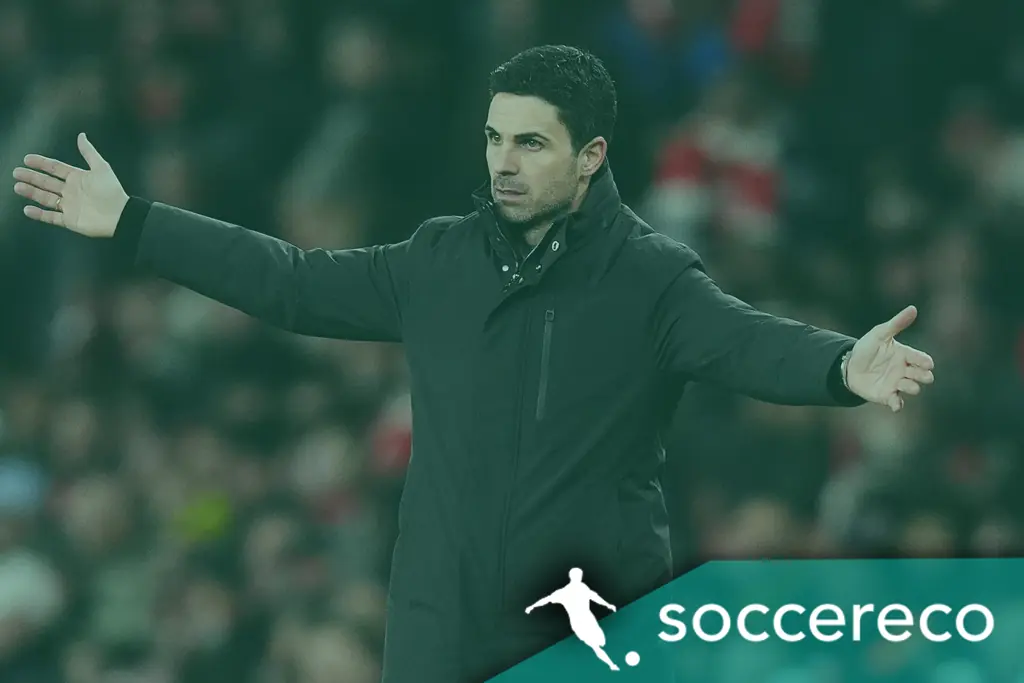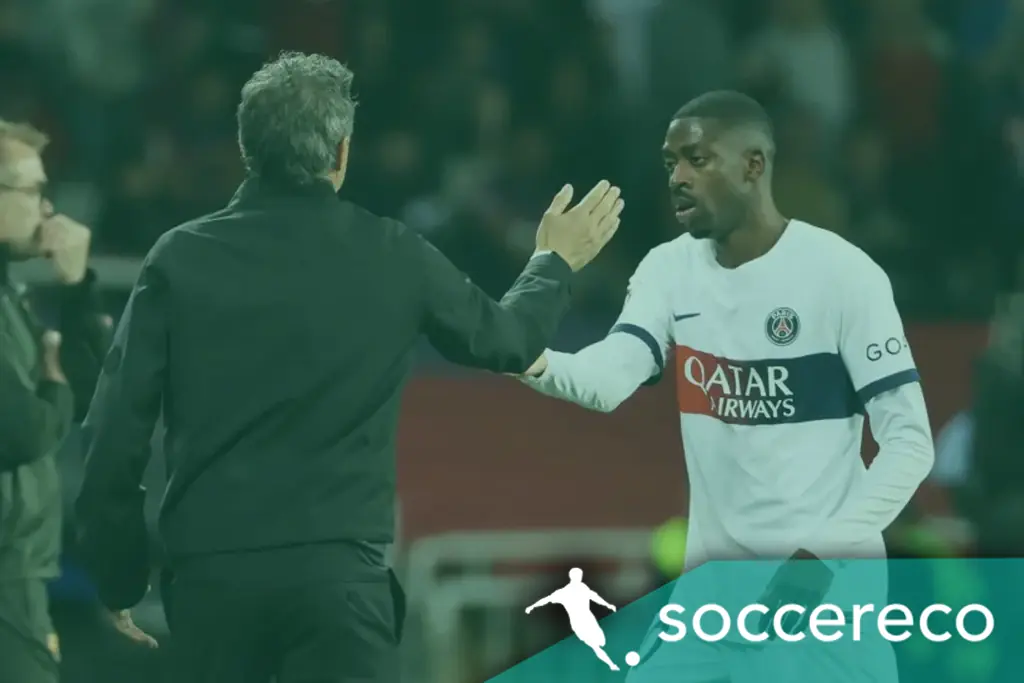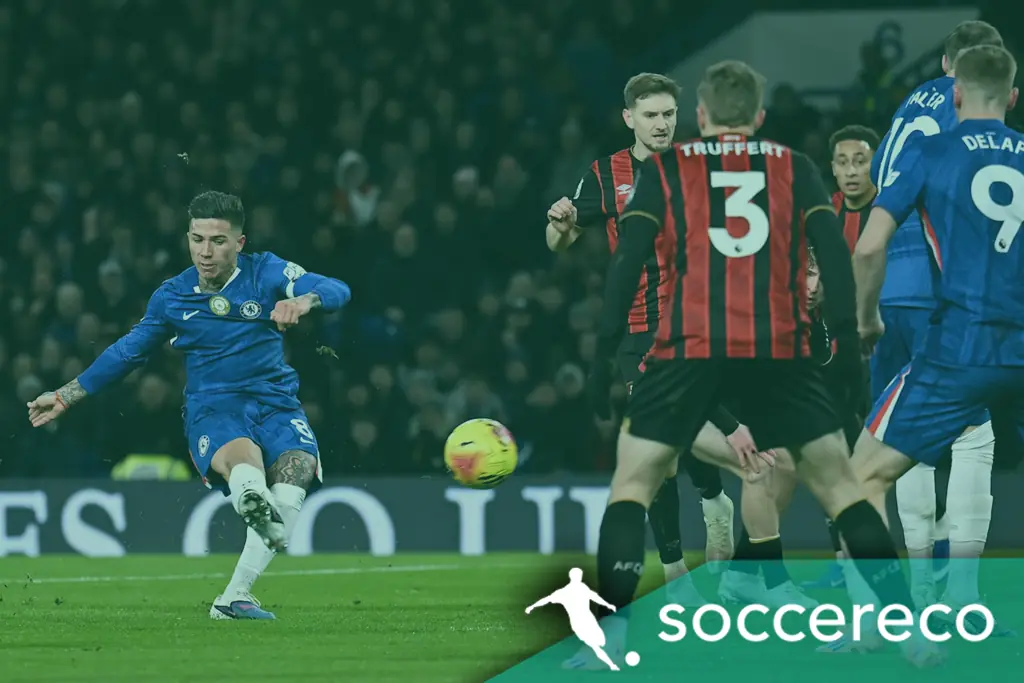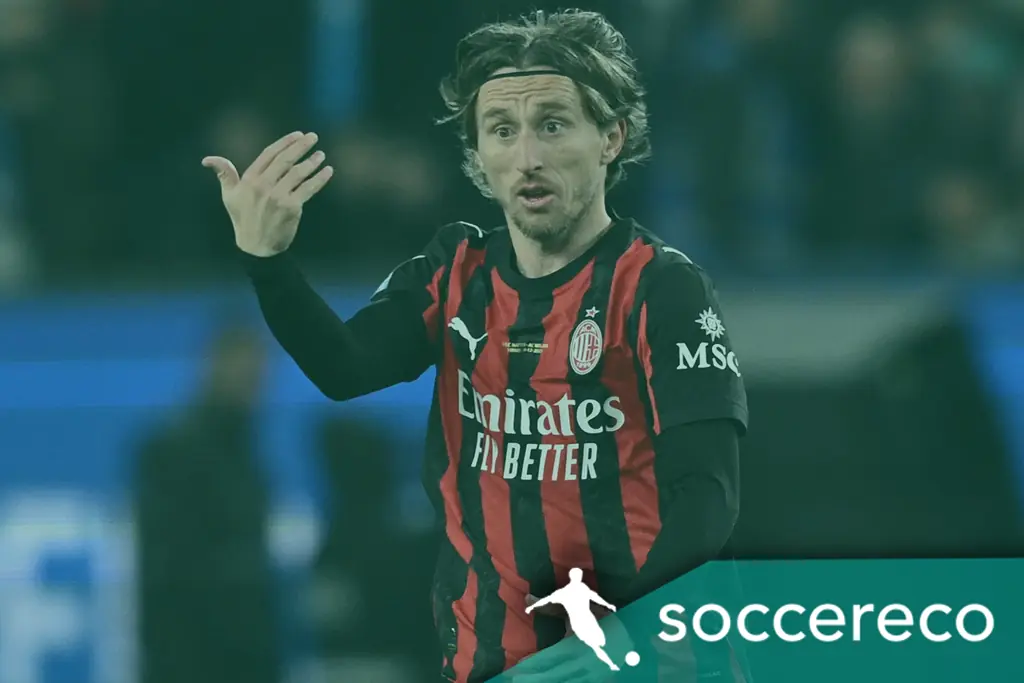The Unify League, the new tournament format proposed by the creators of the Super League, has gained little support in the football world. Most professional leagues in Europe do not see it as a good idea, and now Nasser Al-Khelaïfi of Paris Saint-Germain and the European Club Association has also spoken out strongly against it.
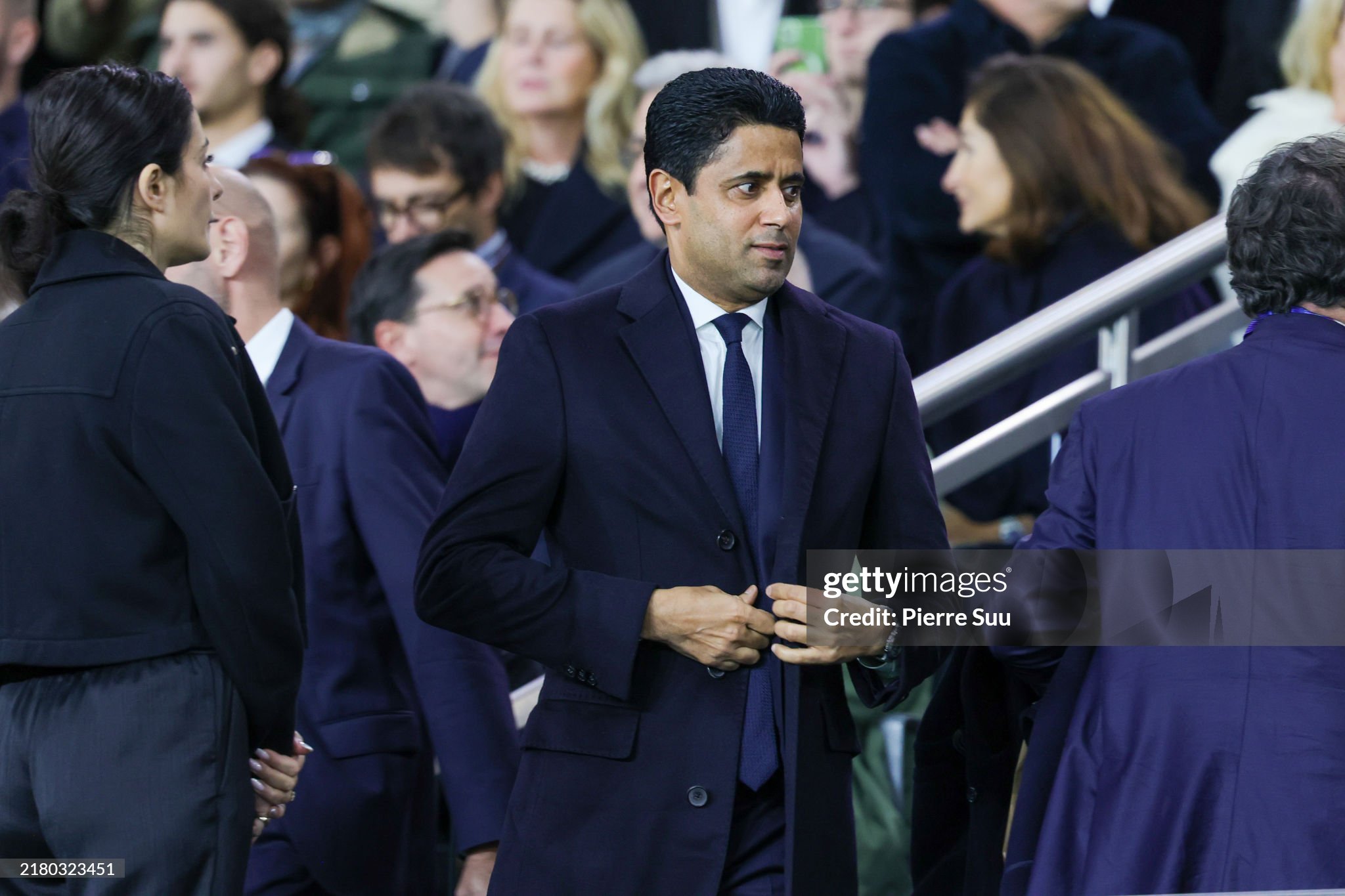
A22, the organization that gained notoriety as the driving force behind the controversial Super League project, has once again entered the spotlight with the announcement of its new plans for European football.
On Tuesday, the company revealed its latest concept, the Unify League, submitting proposals to UEFA and FIFA in an effort to reshape the landscape of European club competitions. According to A22, the Unify League has been designed to promote sustainability and competitiveness in European football, addressing many of the criticisms faced by the original Super League format.
The Unify League proposes a tiered system featuring four divisions: the Star League, Gold League, Blue League, and Union League. This structure would theoretically allow for greater inclusivity, as promotion and relegation mechanisms would be introduced, ensuring a more dynamic competition where teams could earn their place based on sporting merit. This marks a stark departure from the initial Super League plan, which was heavily criticized for its closed nature, where founding clubs were guaranteed permanent participation regardless of performance.
Despite these adjustments, the reception to the Unify League has been lukewarm at best. Critics argue that the new model, while superficially more open, does little to address the underlying concerns about its impact on the broader ecosystem of European football. The European Leagues, an organization representing domestic professional leagues across the continent, was quick to label the proposal as an undesirable model, suggesting it could disrupt existing structures and undermine the traditions that have defined the sport for decades.
Among the most vocal critics is Nasser Al-Khelaïfi, the president of Paris Saint-Germain and the European Club Association (ECA). Al-Khelaïfi, a staunch opponent of the Super League since its inception, delivered a scathing rebuke of A22’s latest efforts. In an open letter to the ECA, he accused the company of attempting to weaken European football for its own gain. "This is the third Christmas in a row that consultants disconnected from reality and clubs with separate interests are trying to weaken Europe, always driven by the same selfish ambitions. We place no value on this publicity stunt," Al-Khelaïfi stated.
His remarks reflect the broader sentiment among key stakeholders in European football, who view A22's initiatives as a threat to the sport's established framework. Critics contend that the Unify League could exacerbate financial disparities between clubs, concentrating wealth and resources among a select few while leaving smaller teams and domestic leagues to struggle for survival. This concern echoes the backlash to the original Super League, which many perceived as a blatant attempt by elite clubs to monopolize the financial rewards of top-tier European football.
A22, however, remains steadfast in its defense of the Unify League. In its communication to UEFA and FIFA, the company emphasized the need for reform, arguing that the current system is unsustainable and unable to address the financial challenges faced by many clubs. A22 insists that its proposal is rooted in a vision for a more equitable and competitive future, where clubs of all sizes have the opportunity to thrive.
Yet, these assurances have done little to sway public opinion or the views of influential organizations. UEFA and FIFA, both staunch defenders of the current system, have yet to issue a formal response to the Unify League proposal, but their previous opposition to the Super League suggests they are unlikely to support A22's plans. Meanwhile, fans and pundits have expressed skepticism, with many questioning whether the Unify League is genuinely about improving the sport or simply a rebranded attempt to push through the original Super League agenda under a different guise.
The timing of A22’s announcement has also raised eyebrows. Coming during the holiday season, when many footballing authorities are focused on ongoing domestic competitions and festive fixtures, some see the proposal as a deliberate attempt to generate headlines while circumventing immediate scrutiny. This tactic, however, seems to have backfired, as the backlash has been swift and widespread.
As the debate over the future of European football continues, one thing is clear: the Unify League has a long way to go before it can gain the acceptance and trust of the footballing community. For now, it remains a divisive proposal, emblematic of the ongoing tensions between traditional footballing structures and the forces pushing for radical change. Whether A22 can address these concerns and present a compelling case for its vision remains to be seen, but the road ahead is fraught with challenges, as the shadow of the Super League continues to loom large over its efforts.
Updated: 11:30, 21 Dec 2024


